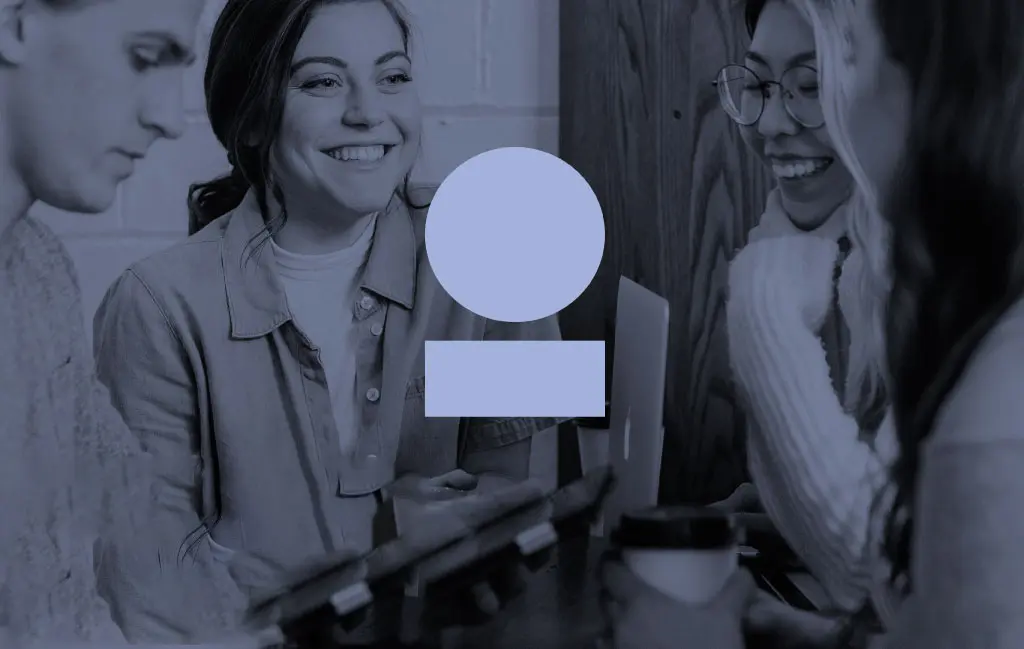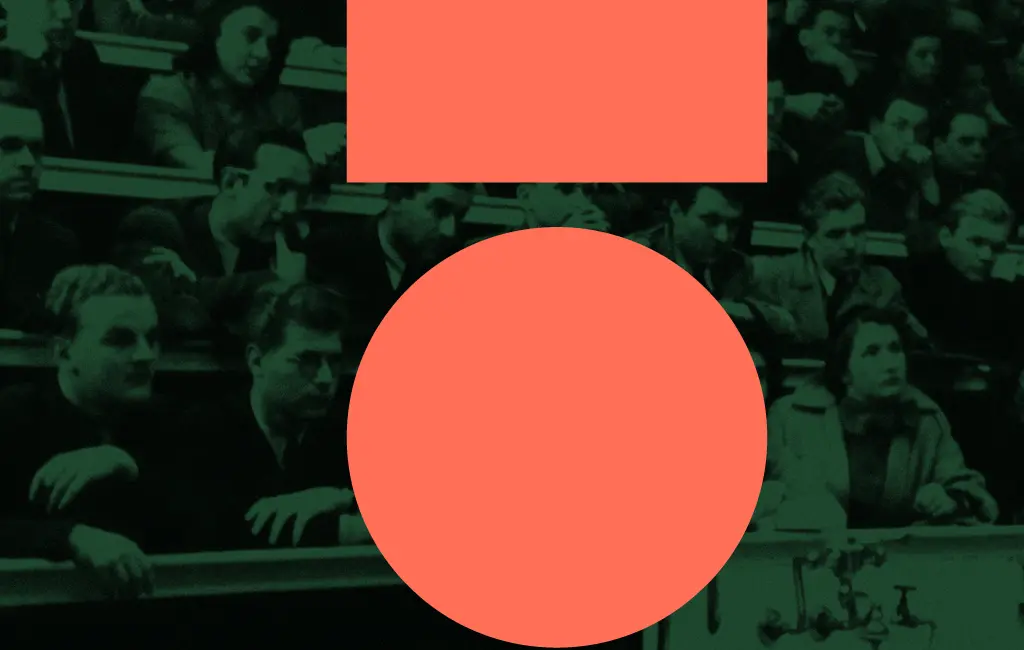The Mieroszewski Centre invited young scientists, academics, experts, social activists and journalists from Poland, Ukraine and Belarus to participate in the second edition of the autumn school "Neighbourhood Trialogue".
This unique event was a stepping stone to understanding the relations between Poland, Ukraine and Belarus, offering a unique opportunity to discover the common history of the three countries, explore mutual relations and reliably diagnose the problems existing between Poland, Ukraine and Belarus.
Why was it worth it to take part in the school?
The autumn school offered a unique opportunity to participate in classes conducted in three languages: Polish, Ukrainian and Belarusian. Participants could speak in their native languages. This was a unique opportunity to learn and exchange experiences in an international environment.
Interdisciplinary learning with the best experts: the invited lecturers and tutors were eminent specialists who will teach on topics such as:
- how to avoid common methodological errors when conducting research,
- how to unmask statistical manipulations
- how international law influences the foreign policy of states,
- which problems concerning history burden the mutual relations of the peoples of the region and how to solve them,
- to what extent and dimension is a nation responsible for the actions of a totalitarian government?
What did the participants say about the school?
- It was one of the most edifying research experiences I have participated in.
- Cooperation between three neighbouring nations is possible if we show an openness to different perspectives and sensitivities, a willingness to understand others and a deeper understanding of history and mutual relations.
- The main thoughts I will take from this training are that it is very important not to focus only on one truth, to listen to others and to learn to cooperate.
‘Dialogue is more than possible.’
These words from the participants of the autumn school ‘Neighbourhood Trialogue’ perfectly sum up what happened during the meetings. Thanks to the openness to different perspectives and the willingness to understand different experiences, it was possible to create a space to discover a common history and to diagnose the problems that still burden the relations between the three nations.
The autumn school took place in Okuninka (Lubelskie Voivodeship) on 22-27 September 2024.

How to analyse logically and argue politically? At the autumn Trialog Neighbourhood School, participants learned how to recognise and analyse sources of disinformation and manipulation techniques. Participants came from three neighbouring countries: Poland, Belarus and Ukraine.
During discussions, lectures and workshops, Poles, Belarusians and Ukrainians:
- became acquainted with tools and methods for a deeper understanding of international relations and their impact on the global scene,
- discovered the secrets of statistical analysis and learned to recognise when numbers can be used to mislead. All this with practical examples from history and the present,
- focused on methods of resolving neighbourhood misunderstandings related to the period 1939-1945,
- they also examined the ethical, historical and legal aspects of the nation's responsibility for the actions of governments.
‘This was one of the best schools I have attended’, said one of the school participants.
During the Mieroszewski Centre's autumn school, its participants also discussed how not to be a pseudo-researcher and pseudo-analyst, how to convince policy-makers, and how to argue constructively.
The school was also an experiment - classes were held in Polish, Ukrainian and Belarusian, and it was also possible to speak in these three languages.
